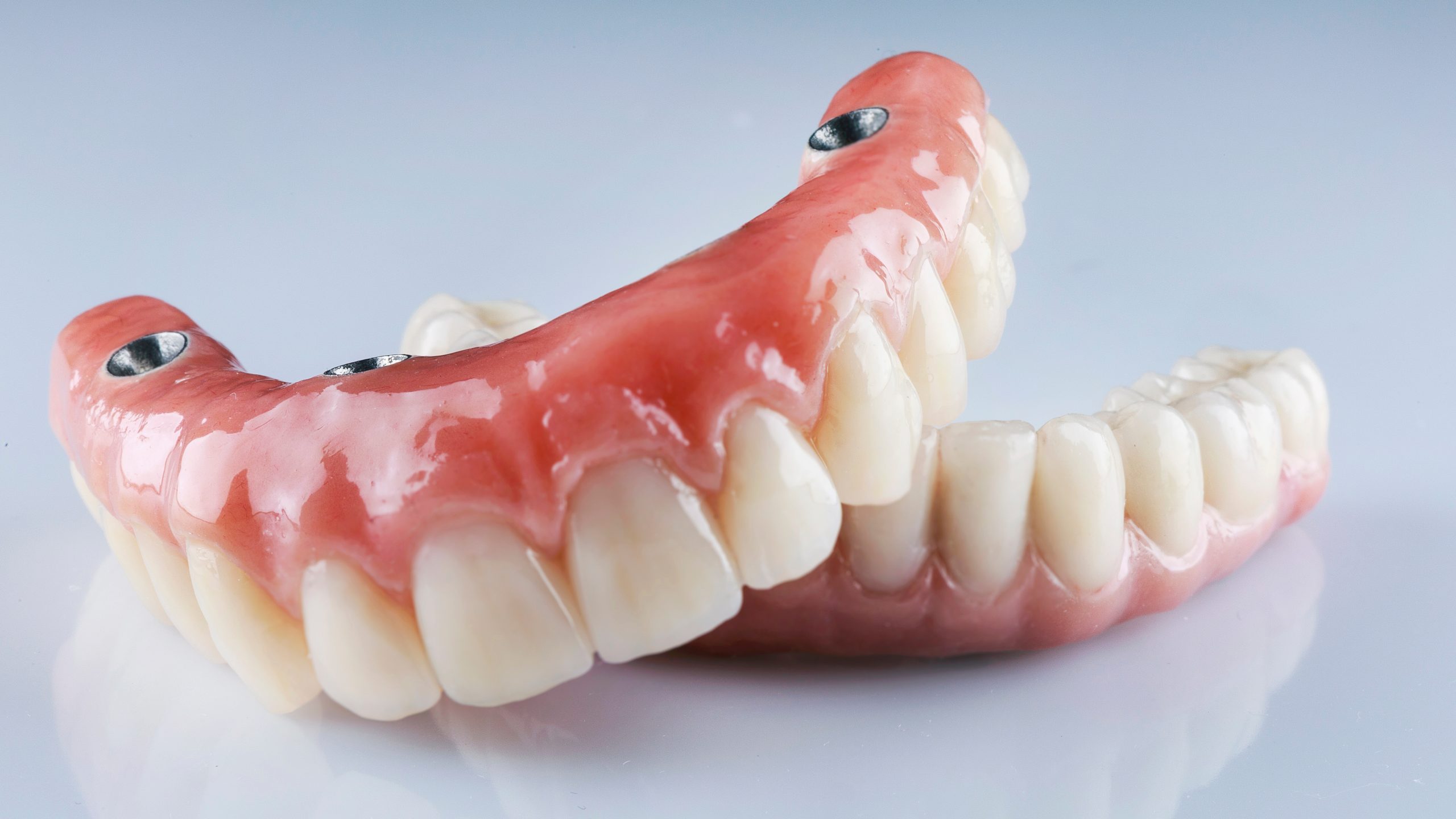
Full Mouth Implant Bridges vs. All-on-Fours: A Comprehensive Guide
Dental implants have revolutionized the field of dentistry, offering a permanent solution to missing teeth. Among the various types of dental implants, two stand out for their ability to restore the full arch of teeth: Full Mouth Implant Bridges and All-on-Fours. This article aims to provide a detailed comparison between these two options, highlighting their advantages, disadvantages, and the best scenarios in which each might be preferred.
Understanding Full Mouth Implant Bridges
Full Mouth Implant Bridges involve placing dental implants in the jawbone to support a prosthesis that replicates the appearance and function of natural teeth. This method is particularly effective when there is sufficient bone and gum tissue to support the implants. The process requires meticulous planning and surgical precision, but the results are highly satisfactory. The implants not only replace missing teeth but also help maintain the bone and gum tissue, leading to healthier gums and a more natural appearance.
Advantages of Full Mouth Implant Bridges
- Preservation of Bone and Gum Tissue: Full Mouth Implant Bridges allow for the preservation of bone and gum tissue, which is crucial for the long-term success of the implants.
- Natural Appearance: The final result is a natural-looking smile, as the implants blend seamlessly with the surrounding teeth and gums.
- Long-term Stability: These bridges are highly stable and can last for many years, ensuring a long-term solution to missing teeth.
Disadvantages of Full Mouth Implant Bridges
- Complex Surgery: The surgery required for Full Mouth Implant Bridges is more complex and requires a higher level of surgical skill.
- Cost: This procedure is generally more expensive than other types of dental implants due to the complexity of the surgery and the need for more implants.
Understanding All-on-Fours
The All-on-Fours procedure involves placing four implants in the jawbone, which then support a prosthesis that replaces all the teeth in the upper or lower arch. This method is quicker and more cost-effective compared to individual dental implants, as it allows for the replacement of an entire row of teeth with just four or six implants.
Advantages of All-on-Fours
- Efficiency: All-on-Fours is a highly efficient method for replacing multiple missing teeth, requiring only four to six implants for the entire arch.
- Cost-effectiveness: This procedure is significantly less expensive than installing individual implants for each missing tooth.
Disadvantages of All-on-Fours
- Limited to Full Arch Replacement: This method is best suited for patients who need to replace all the teeth in one arch.
- Less Natural Appearance: While still aesthetically pleasing, All-on-Fours may not perfectly replicate the natural appearance of teeth due to the use of a prosthesis.
Choosing Between Full Mouth Implant Bridges and All-on-Fours
The choice between Full Mouth Implant Bridges and All-on-Fours depends on several factors, including the patient’s specific needs, the amount of bone and gum tissue available, and the desired outcome. Full Mouth Implant Bridges are ideal for patients who require a natural-looking smile and have sufficient bone and gum tissue. On the other hand, All-on-Fours is the best option for those looking for a quicker, more cost-effective solution to replace all the teeth in one arch.
Conclusion
Both Full Mouth Implant Bridges and All-on-Fours offer excellent solutions for replacing missing teeth. The choice between the two should be based on the patient’s individual needs, the condition of their jawbone and gum tissue, and their financial considerations. Consulting with a dental professional can help determine the best option for each patient.
At Sacramento Holistic Dentist, we are committed to providing our patients with the highest quality dental care. Whether you’re considering Full Mouth Implant Bridges or All-on-Fours, we are here to guide you through the process and help you achieve the best possible outcome for your dental health.
